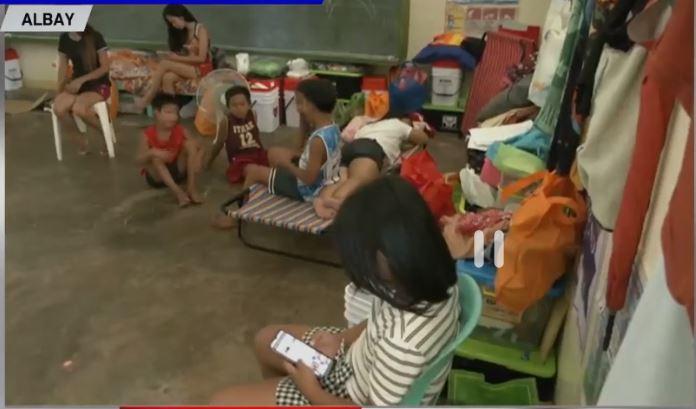Phivolcs to launch book on disaster survival stories
By JISELLE ANNE C. CASUCIAN, GMA Integrated News Published March 26, 2024 6:11pm The Philippine Institute of Volcanology and Seismology (Phivolcs) has entered the second phase of its project DANAS: Earthquake, Tsunami, and Volcano Disaster Narratives for an Experiential Knowledge-based Science Communication, which documents the local disaster experiences of Filipinos in the country. In a public […]


By JISELLE ANNE C. CASUCIAN, GMA Integrated News
The Philippine Institute of Volcanology and Seismology (Phivolcs) has entered the second phase of its project DANAS: Earthquake, Tsunami, and Volcano Disaster Narratives for an Experiential Knowledge-based Science Communication, which documents the local disaster experiences of Filipinos in the country.
In a public briefing on Tuesday, Phivolcs Director III and DANAS Project leader Dr. Ma. Mylene Villegas said that the project intends to share local experience to improve the state of disaster management in the country.
“Na-realize namin na base sa pag-aaral, mas nakakarelate po yung atin mga kasama sa komunidad kung mas nakikita nila na ang nagkwekwento po ay yung mga taong nakaranas na kasama rin nila… Ngayon po, ang basehan natin [sa proyekto] ano po yung naranasan talaga ng mga tao and yun po yung gagamitin natin na mga materials,” said Villegas.
(We realized that based on our study, our communities can relate more if the person sharing their stories are the ones who are also within their community… Now, our [project] basis is what people actually experienced and that’s what we will use for the materials)
For the first phase of the project in 2023, data gathering was conducted in several disaster-stricken areas. The second phase of the project in 2024 will be for the production of the materials.
“Nag-target po ng mga lugar kung saan may recorded tayo ng mga mas may impact na disaster, pagkatapos po pagdating po sa lugar nakipagcoordinate tayo sa mga LGUs and mamimili po tayo ng mga participants po natin na talaga pong naranasan, direkta pong naranasan yung mga pangyayaring ito para po mas mashare nila yung experiences nila at dun po natin kukunin at bubuuin yung atin pong mga materials,” she said.
(We targeted places where there were recorded impactful disasters, and we will coordinate with LGUs in choosing participants who directly experienced these events so they can share their experiences. This is where our materials would come.)
The videos and stories containing real experiences of people during calamities can be used for disaster response training and as teaching materials, the Phivolcs official said.
By the end of the year, Phivolcs intends to have six books in Ilocano, Kapampangan, Bicolano, Cebuano, Hiligaynon, and Tagalog. —Jiselle Anne Casucian/LDF, GMA Integrated News














